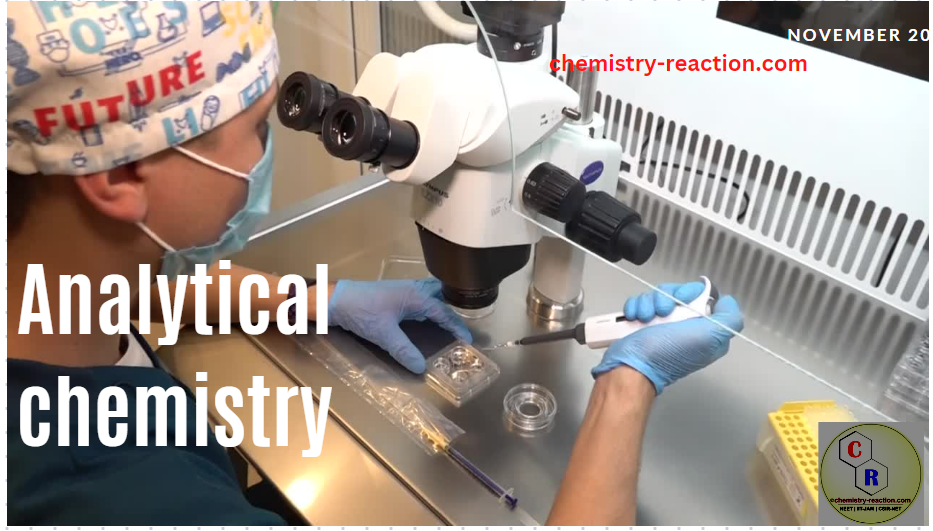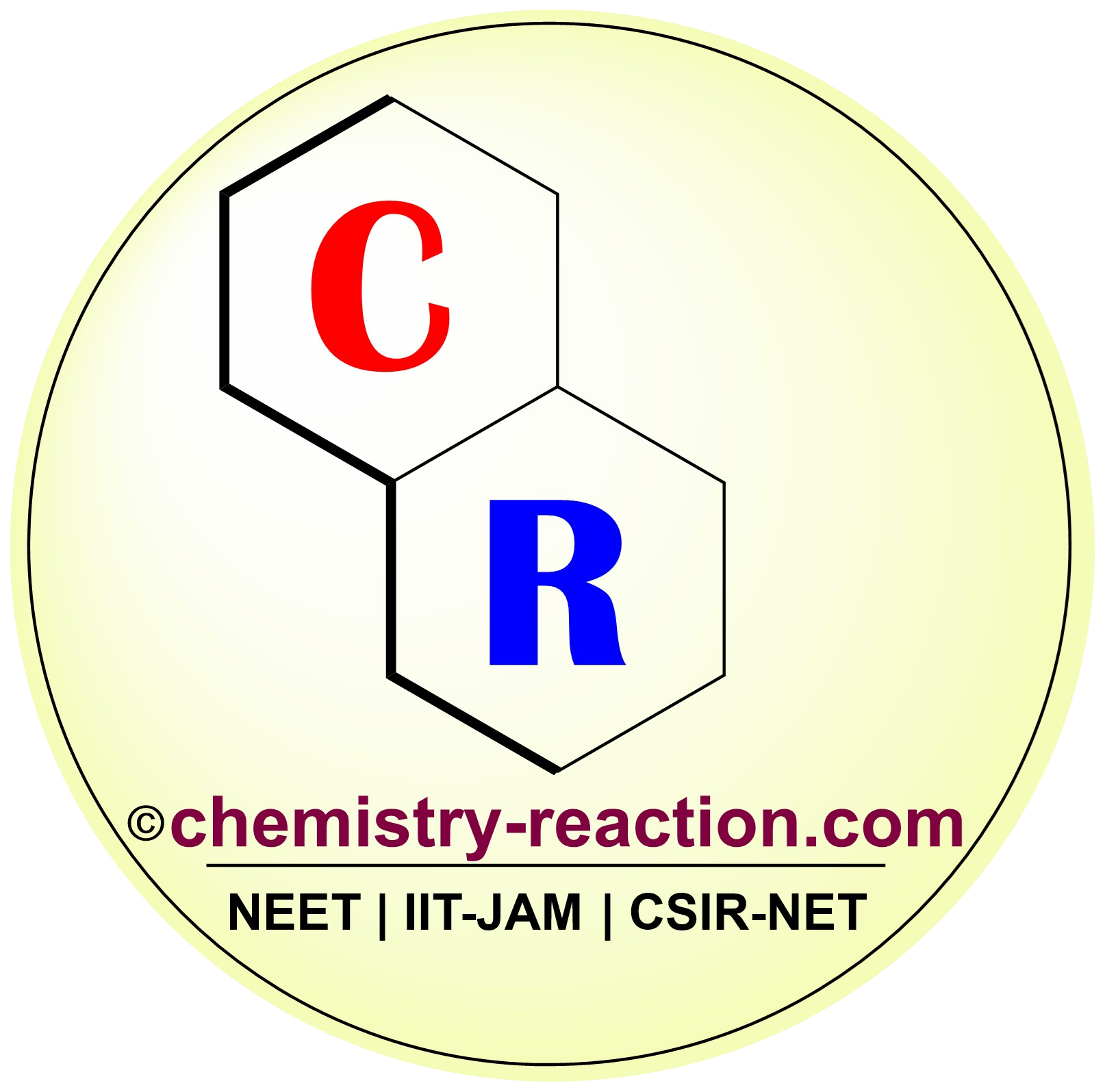What are the branches of chemistry (chemical sciences)?
Explore these seven broad and prominent branches of chemistry with explanation and examples.
Table of Page Contents
Analytical Chemistry
Analytical chemistry is the branch of chemistry, where gaining, handling, and communicating data about the composition and structure of matter. In further extension, to determine what is this material and how much is in quantities exist and purity of material.

Analytical chemistry is a challenging and most popular branch of chemistry and It has significant importance in all aspects of science. Analytical chemists work in all types of chemistry filed as well all types of industries with , instrumentation, computers, and statistics to solve problems. analytical chemistry is the easiest branch of chemistry.
Biological/Biochemistry
Biological chemistry contains three areas Bioinorganic chemistry, Bionorganic chemistry and Biochemistry accordingly.

Chemical Engineering
Chemical Engineering is a branch of chemistry. it is a big branch where lab developed processes translate to actual industrial/ commercial scale for synthesis of chemicals. Chemical Engineers work for industrial process improvements and good production.

Inorganic Chemistry
Inorganic Chemistry studies organometallic compounds, metalloid and carbon -noncarbon bonded compounds properties and behavior in all aspects.
While organic chemistry is defined as the study of carbon-containing compounds, inorganic chemistry is the study of the remaining (i.e., not carbon-containing) subset of compounds. Organometallic compounds usually contain a metal or metalloid bonded directly to carbon.

Organic Chemistry
Organic Chemistry is the main branch of chemistry where study of atoms containing structure, properties, and reactions of substrates will happen.
Previously few limited compounds were there for study produced by living organisms (natural products), but now organic chemistry has been synthesized with new drugs, organic materials, polymers like substances (e.g., plastics).

In organic chemistry new molecules and compounds can be synthesized, organic chemists work on synthesizing new molecules and developing efficient methods than existing one. organic chemistry is toughest branch of chemistry.
Physical Chemistry
Physical Chemistry is an important branch of chemistry to study how matter acts on an atomic and molecular level and how chemical reactions happen when they are kept for it.
Physical chemistry researchers mainly work on molecular and atomic physical properties to reveal it. Mainly they descove chemical properties and predict some theories. They predominantly use mathematics computation and physics for interpretation and data analysis.

Physical chemistry is a good area for chemists who have a strong curiosity about how things work at the atomic level and enjoy working with lab instrumentation and machines
Reafferences :
- https://www.acs.org/content
the branches of chemistry
branches of chemistry class 11
what is branches of chemistry
what is the branches of chemistry
what are branches of chemistry
what are the branches of chemistry
branches of chemistry examples
branches of chemistry and definition
branches of chemistry with examples
My name is Pradip Sanjay W. I’m an organic chemist originally from Maharashtra, India. I have qualified UGC NET-JRF, GATE in chemical sciences and MH-SET exam for assistant professor. I’m currently pursuing my Ph.D. in organic chemistry at the Indian Institute of Technology Hyderabad, India.
